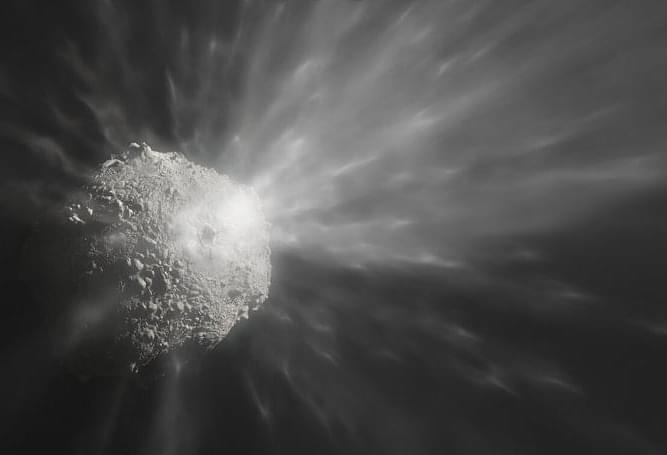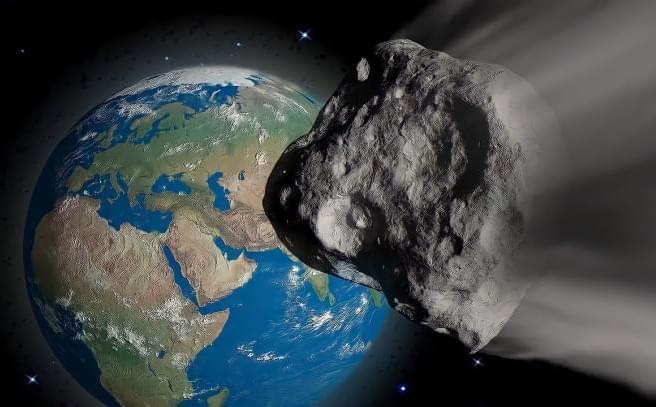New details of Musk’s involvement in the Ukraine-Russia war revealed in his biography.
Elon Musk holds many titles. He is the CEO of Tesla SpaceX and owns the social media company X, which was recently rebranded from Twitter. Going by an excerpt of his biography, published in the Washington Post.
According to the excerpt from Walter Isaacson’s book, Musk disabled his company Starlink’s satellite communication networks, which were being used by the Ukrainian military to attack the Russian naval fleet in Sevastopol, Crimea, sneakily. The Ukrainian army was using Starlink as a guide to target Russian ships and attack them with six small… More.
Musk’s biographer alleges he prevented nuclear war between Ukraine and Russia by turning off Starlink satellite network near Crimea, but Musk says, ‘SpaceX did not deactivate anything’.





